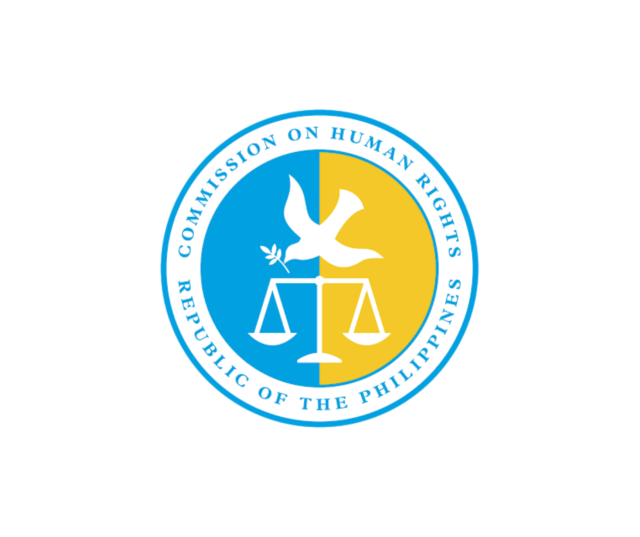A FREE press and the people’s right to expression, especially on matters of public interest, are crucial foundations of a democratic society. They allow us to demand for transparency and accountability. These freedoms allow greater, genuine participation in governance and other aspects of public life.
It is with serious concern that the Commission on Human Rights looks at the continued penalization of libel in the Philippines, evidenced by the guilty verdict in the cyberlibel case against Rappler CEO Maria Ressa and former writer-researcher Reynaldo Santos, Jr. The trial court’s decision sends a chilling effect to the work of journalists and all those who dare to speak the truth.
Since the Philippines’s ratification of the International Covenant on Civil and Political Rights in October 1986, the State has then assumed the obligation to respect and ensure the people’s right to hold opinions and to free expression.
As such, we recognize journalists as crucial vehicles of timely and truthful information so that citizens can develop sound opinions about public and political issues.
However, at present, legal provisions on defamation and criminal libel may be seen as a direct threat to truth-telling, especially if laws are weaponized to silence valid criticisms.
Time and again, journalists have been at the receiving end of such abuse of laws.
We then remind the government that statements concerning public interests should always be assured of greater protection. Public figures and politicians should likewise have greater tolerance to criticisms by virtue of their choice to be in public service.
At the same time, while we also note that the freedom of expression is not absolute, restrictions of this right must adhere to the standards of necessity and proportionality.
In the General Comment No. 34 of 2012 of the United Nations Committee on Human Rights on Article 19 of the ICCPR, the Human Rights Committee provides that defamation laws should not stifle freedom of expression. It further recommends that States Parties must consider decriminalizing defamation and reserve the application of the criminal law to the most serious of cases. The Committee likewise emphasizes that imprisonment is never an appropriate penalty in defamation cases.
The UN Human Rights Committee has since expressed concern on the Philippines’s criminalization of libel—both in the Revised Penal Code and the Cybercrime Prevention Act—and on how it is “incompatible” with freedom of expression.
It is high-time for the government to revisit these laws and its applications in favour of the how the people can best enjoy their rights—not limit them—particularly on freedom of opinion and expression. Under a democracy, a balance between criticism and truth must be in place.
For, in the end, it is not enough to say that we support freedoms. Laws and policies must also make theirenjoyment possible. It is only under the regime of truth that we can hold perpetrators to account and ensure the best participation of the people under a democratic society. We cannot stay silent in the face of injustices.
(Statement of the CHR on the court’s guilty verdict on the cyber libel case against Maria Ressa)





